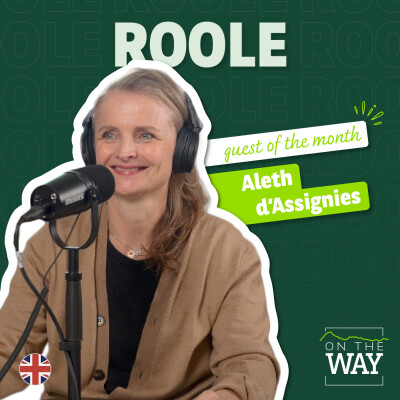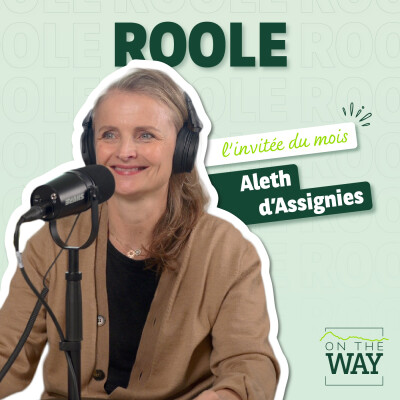Description
The fashion sector is one of the industries with one of the most significant impacts on climate change and it reinforces socio-economic inequalities around the world. According to the Ecological Transition Agency - ADEME, textile production uses 4% of the drinking water available in the world and represents 1.2 billion tonnes of greenhouse gases, i.e. up to 10% of global emissions. Unfortunately, these figures are constantly rising, boosted by fast fashion, which currently means that 130 billion pieces of clothing are consumed per year.
Production is not the only responsible for textile-related pollution. Indeed, transport and maintenance account for very important parts. Thus, as Oxfampoints out, it is considered that jeans can travel up to 65,000 km from the cotton field to the sales store, i.e. 1.5 times around the planet. Finally, each year, with the maintenance of our clothes generates 500,000 tonnes of plastic microparticles (too small to be filtered in wastewater treatment plants) that are non-biodegradable and that are found in the oceans as well as in our bodies.
On the strength of these alarming observations, Victoire and Thibault Satto decided to act to shed light on a more responsible and sustainable fashion by creating the media "The Good Goods". With The Good Goods, the idea is to be able to highlight ethical, environmentally friendly and transparent brands and creators. They offer a directory that lists the players involved in the sector and who respect the charter they have drawn up.
The objective is to help the entire industry to transform on all fronts, to production to distribution to contribute to a better future and to help consumers find their way around to make informed choices.
For this 10th episode of our podcast, Thibault shares with us his journey, his convictions and the challenges his team faces in working daily with brands to build committed fashion. He also gives us his little tips for more sustainable consumption. “For everything marks the ecological transition and for everyone else it is a work in progress. It takes time and the idea is to support them”.
Very good listening!
Hébergé par Ausha. Visitez ausha.co/politique-de-confidentialite pour plus d'informations.





